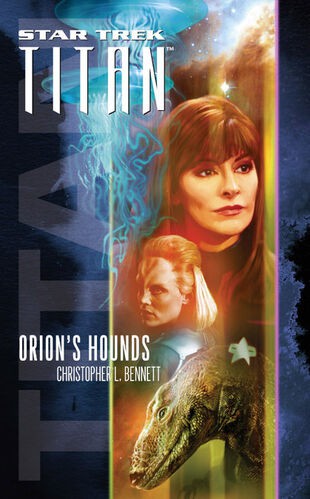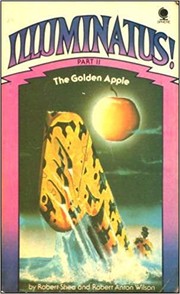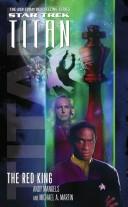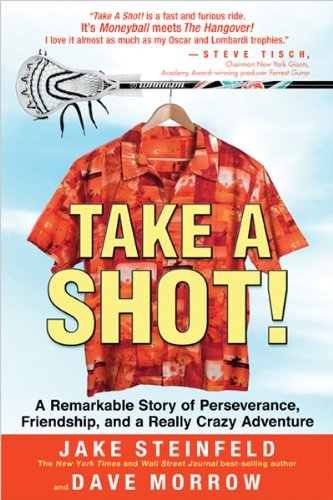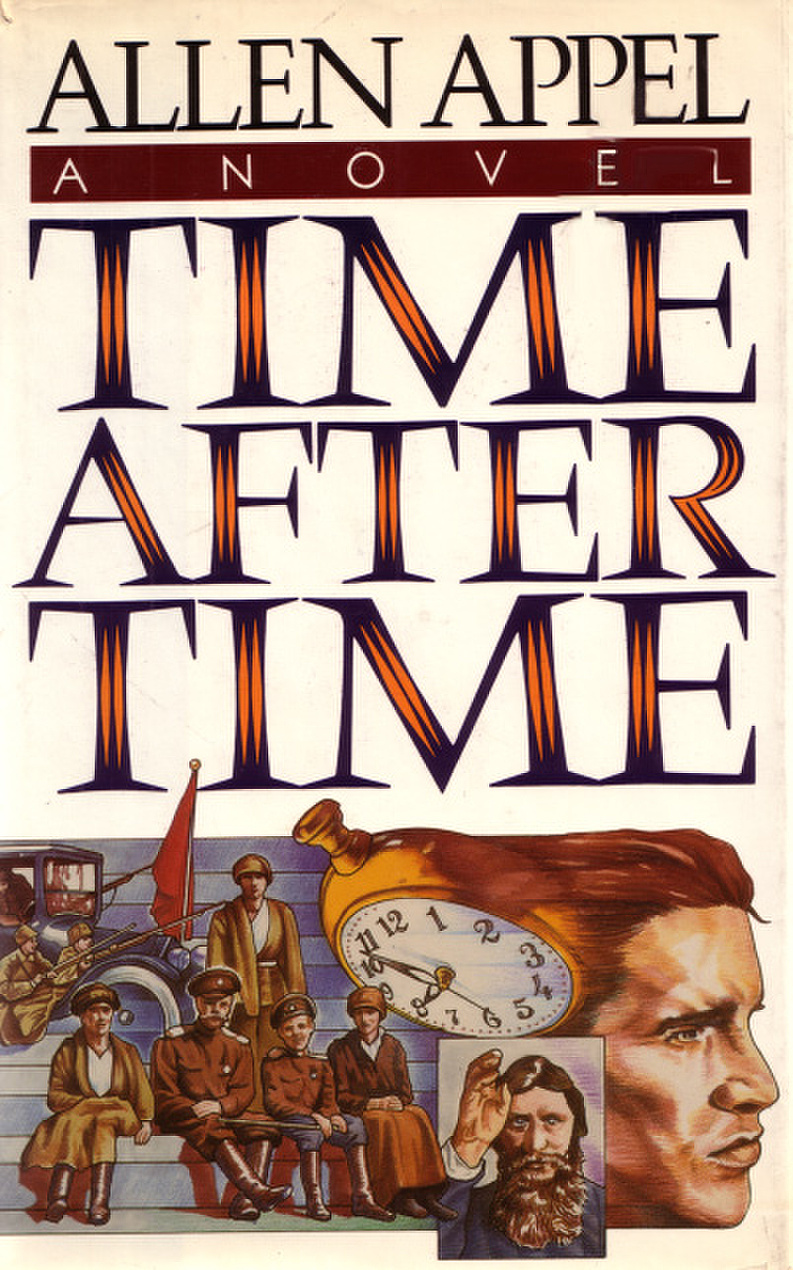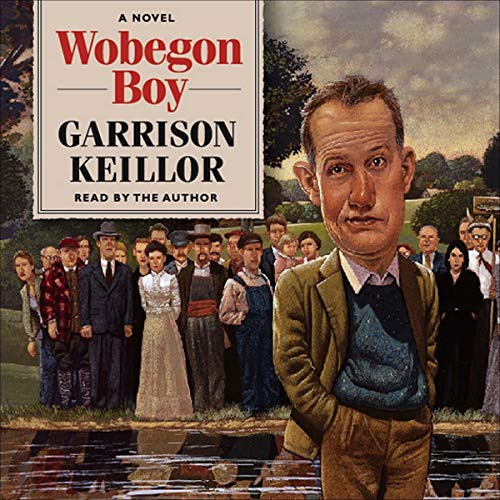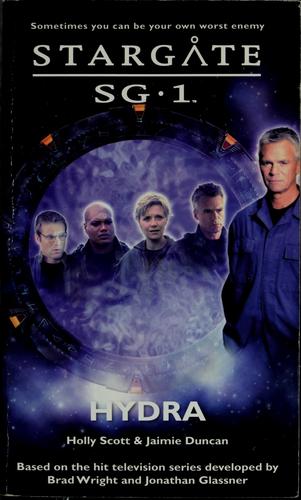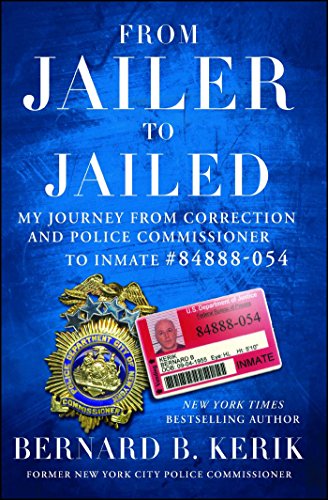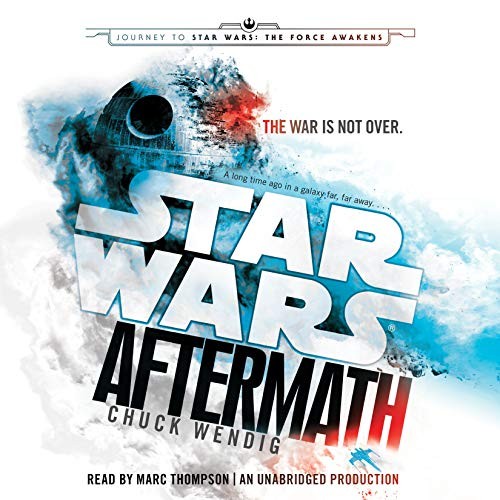According to recent figures from the government, the average cost to incarcerate a federal prisoner is $28,284 annually. A person would naturally assume that an offender sentence to 3 years in federal prison would cost the government and the American taxpayers $84,852. Wrong! The cost is only to incarcerate the prisoner. The collateral economic cost of his three year incarceration far outweigh the government's out of pocket expenses, and here's why: If the prisoner earned $100,000 a year before his arrest and incarceration, the government loses the tax income on that, and the economy loses his cost-of-living spending.
That is a loss of $300,000 to the economy—$100,000 over 3 years—plus the nearly $85,000 for his incarceration. Then add the cost of the investigation that led to his conviction, and the total is close to half a million.

